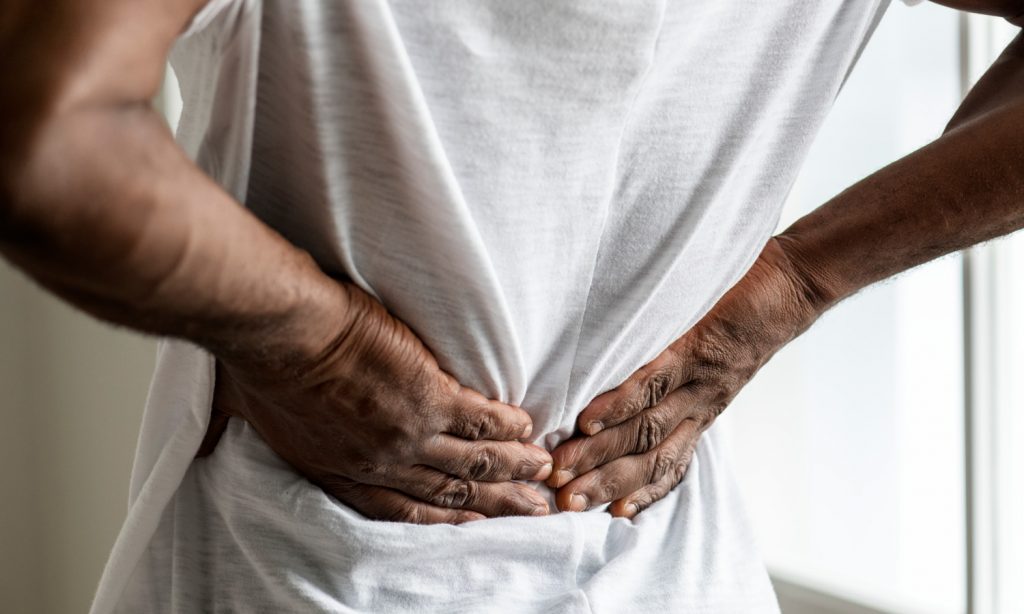Bioavailability is a term growing in popularity like the rise in CBD, but why is it so important and does it really make a difference? Bioavailability is the amount of an active ingredient that absorbs into the blood stream allowing for the ingredient to effectively activate in the body. Supplements like vitamin C have little issue absorbing into the blood stream and activating in the body because they are considered water soluble; however, supplements like vitamin D3, omega 3, curcuminoids and cannabinoids like CBD have difficulties absorbing in the body because they are fat soluble. This means they do not dissolve well in hydrophilic (water-loving) media, like say the human body. Instead, these fat-soluble supplements are transported through our digestion system before entering the blood stream, breaking down along the pathway. As the body breaks down the supplements, that means considerably less of the active ingredient is absorbed into the body. This is why bioavailability is so important, especially as it relates to fat-soluble compounds, like CBD.
In fact, bioavailability is an integral part of improving a customer’s experience with products like CBD. Traditional oral products like oils and capsules have absorption rates around 10% or less. This means the customer is paying $60 for a bottle but only absorbing $6 worth! However, there are ways of fixing this experience. There are at-home-hacks that a customer can do in order to improve bioavailability. For instance, simply eating a high-fat snack like nuts, hemp hearts or avocado prior to taking a CBD supplement—or any fat-soluble supplement—can increase absorption rates by three- to five-fold. Black pepper has also been touted to improve absorption rates at home, but the rate of increase is not published.
Yet, while these pathways exist, what does the science tell us about their effectiveness? When it comes to conducting a clinical trial, especially on CBD, the science is expensive and oftentimes inconsistent (if a company has even done it at all). There are products that market 80% or more absorption which, unless the product is injected into the blood stream (and therefore a drug), are grossly overestimated. Rather, current research on bioavailability hacks are comparable to eating a high fat snack and are often slightly lower, hovering around one-in-a-half-times to two-times improvement over traditional methods. So, while not everyone can or will work their supplement regiments around their meals, bioavailable formulas offer an easy solution to improve customer experience.While eating fatty foods may be the ultimate route of improving absorption, companies have set out to improve absorption to make their products easier and better for the customer while also having a marketable difference in their product over their competitors. Whether emulsifying the active ingredients into a liposome, crushing the compounds into nano-sized particles, or even bio-mimicking Mother Nature herself, there are existing opportunities to allow a product to shine when the customer takes it.
Another consideration with bioavailability is safety in the body. There are manufacturing methods used like liposomal technology and bio-mimicking processes that create a more natural pathway in the body for improving absorption. With liposomal technology the safety is more defined than nanotechnology. Nanotechnology fractures the compounds into tiny (nanometer-sized) particles, with the goal of the compounds’ being so small they enter the blood stream without degradation in the liver. The issue with nano-technology is understanding the pharmacokinetics of the nano-particles and how they truly absorb, distribute, metabolize and excrete (ADME) in the body. To date the FDA has provided little guidance or progress on ADME safety research associated with nano-particles.
The ultimate goal of bioavailability is ensuring the active ingredients bypass the liver’s first pass metabolism, so the CBD or fat-soluble compounds can enter into the lymphatic system where absorption into the blood occurs. While there are various methods being marketed, not everyone is doing adequate research; however, requesting absorption data from manufacturers claiming improved bioavailability can help brands navigate the decision-making process. In addition, while there are various methods for achieving this improved absorption objective, liposomal and biomimicking processes provide more well-known safety profiles than nano-technology.






